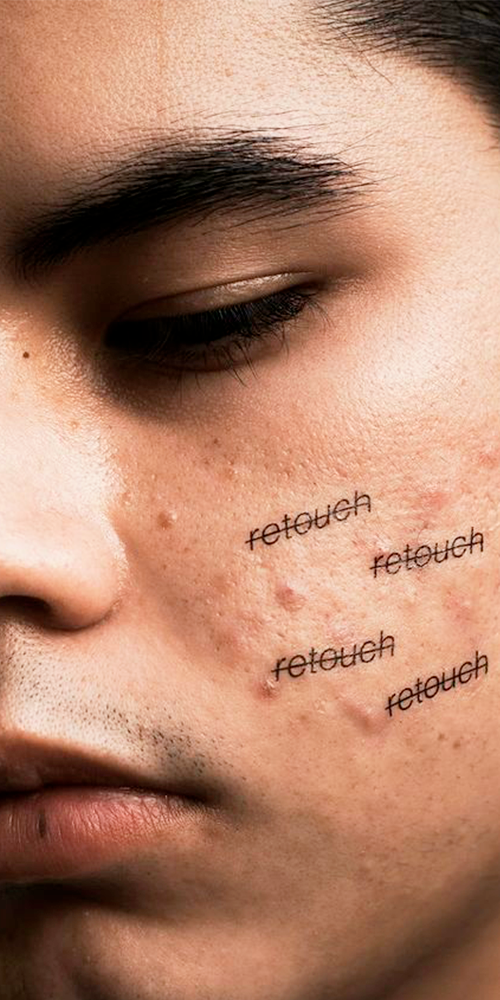When you have oily, acne-prone skin, buying the wrong beauty care product can be a time bomb. A small dose of a seemingly harmless serum can cause an explosion of unwanted pimples, so you could find yourself covered with subcutaneous pimples within 48 hours of applying the product.
It can be a hassle, but when you have acne-prone skin it is very important to choose carefully which products to apply to your face .
How to choose skincare products when you have acne?
First, you should go for products that say " silicone free " and " fragrance free ". Plus, you should carefully check the ingredients list. But first of all it is essential to learn to recognize all those substances that could trigger a rash.
What ingredients should you therefore avoid at all costs?
Isopropyl isostearate
It is an emollient that makes the skin softer, but it is definitely not suitable for the most sensitive skin. It is highly comedogenic, meaning it clogs the pores. Isopropyl isostearate is usually found in skin care products and eye cosmetics.
Isopropyl myristate
It is an alcohol-derived emollient that makes the complexion more even, often found in skin and hair care products. According to some research, modern technologies have made this ingredient less harmful to acne-prone skin, but to be safe we recommend using products without this ingredient.
In general, alcohol is not ideal for acne-prone skin. It is often mixed with other ingredients in an unclear way, so always be careful when trying new products.
Coconut and olive oil
Both coconut and olive oil are much loved in the DIY beauty world, but they are responsible for a ton of pimples. These two natural components clog pores and what's more, they are really difficult to remove, aggravating the problem. However, not all oils are enemies of acne-prone skin, others can have wonderful beneficial effects. Remember that oily skin also needs to be hydrated, this will help reduce excess sebum. For this reason, products that contain camellia, marula, rose hips and jojoba are highly recommended. Also, a drop or two of tea tree oil in your products can help you fight acne.
Sodium and ammonium sulphate
Sulphates are now commonly banned in the cosmetics industry, which is why products are increasingly being labeled "sulfate-free". Sulfates are surfactants and are usually used in facial cleansers, shampoos, and bubble baths. Although sulfates help products wash gently, the main problem is that they are extremely astringent. When the skin becomes too dry, it tends to produce excess sebum, delivery increases the chances of your face becoming filled with pimples.
Silicones
There are numerous variants of silicone in beauty products, for example Methicone, Dimetichone, Trimethicone and Cyclomethicone. These ingredients, which create that typical silky and velvety effect, are often found in primers, deodorants, sunscreens and hair products. They are extremely harmful to sensitive and acne-prone skin as they can clog pores.
Fragrances
It is contained in most products, which is why it is not easy to find "fragrance-free" ones. Fragrances are used to enhance the essence of a product and sometimes to mask the unpleasant odor of other ingredients. Some of the more common ingredients you'll see featured on products are fragrance or perfume (somewhat questionable generic terms), essential oils, and linalool (a component of essential oils).
Not all fragrances cause pimples, but some are really irritating to sensitive skin. It is important to understand what is good for your skin. The simplest solution is to choose fragrance-free products, but you can also test some products with perfume so you can figure out which one triggers your pimples.
These are some of the more common ingredients you should avoid if you care about your skin. But there are many more. Our advice is to examine your beauty cases and eliminate products that contain these substances. In addition, it is essential to keep your brushes, cell phone, hands and anything else that comes into contact with your face clean . These steps along with the use of targeted acne products will undoubtedly give you purer skin.
For more severe cases of acne, we recommend that you make an appointment with a dermatologist.
Are there any other ingredients you avoid to keep acne under control? Share your tips in the comments.

